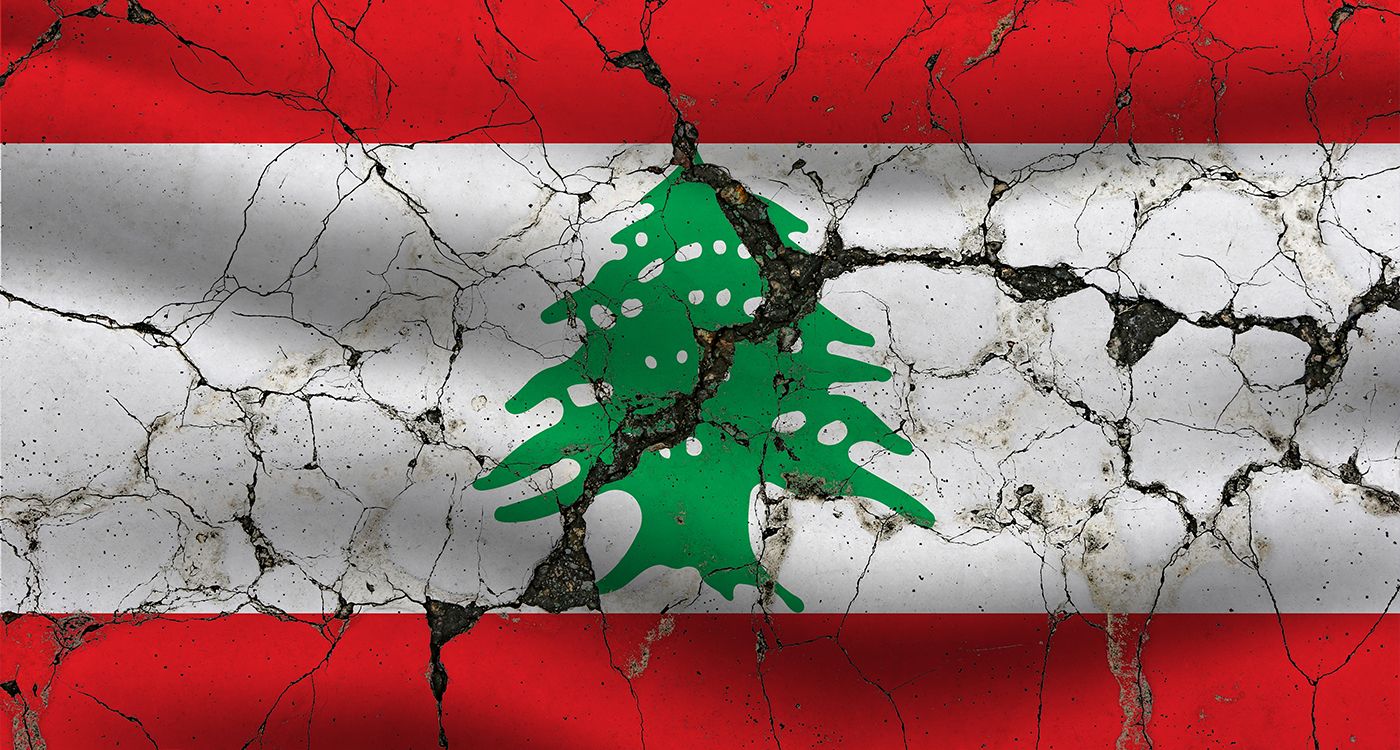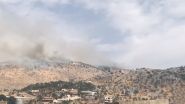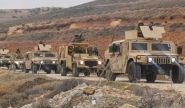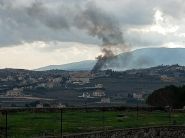
When President Joseph Aoun took his oath of office before Parliament, he pledged to uphold the Constitution of Lebanon. Had the President and his Prime Minister, Nawaf Salam, declared from the outset that restoring state sovereignty depended on Hezbollah’s willingness to disarm, their oath would have been unnecessary. It is in cases like these, when “national dialogue” politics replace the Constitution, that states fail.
A Lebanese militia, which pledges allegiance to a supreme leader in another country and which is unaccountable to the nation and the state, is by default unconstitutional. Dialogue conducted outside elected and representative state institutions is also unconstitutional.
Lebanon was not designed to grant one of its sects—namely the Shia, who are armed to the teeth—such overwhelming power that it eclipses the collective will of the remaining 17 Lebanese sects.
Had the founding fathers of the Lebanese homeland intended the state to be a hybrid of elected representatives and populist militias, they would have included such a stipulation in the founding documents of the Second Republic in 1943 or the Third Republic in 1990.
The supposed nobility of Hezbollah’s cause—whether framed as defending Lebanon or seeking Israel’s destruction—does not justify the existence of an unconstitutional paramilitary force.
To rectify the situation, Aoun and Salam must put Hezbollah on notice: either surrender your arms, as all other militias did by 1991, or face the wrath of the Lebanese Armed Forces (LAF).
So far, both leaders have failed to uphold the Constitution. Salam masks his inaction with vague promises to implement the remaining provisions of the Taef Agreement, which ended the civil war and was annexed to the Constitution. He pledges to abolish sectarianism and combat corruption, yet ignores the core demand: disarming the last remaining militia.
The Lebanese Army was founded to enforce the law. The Constitution gave the state an electoral system and a Parliament to debate and resolve all outstanding disputes. Lebanon also has, theoretically, the Constitutional Council, whose job is to make sure that no legislation or decree violates the constitution.
On paper, Lebanon is a state of laws and institutions. In practice, it is held hostage by tribal consensus. Oligarchs and Hezbollah disregard the Constitution, reducing the presidency, Parliament, and cabinet to irrelevance. Decisions are imposed from outside the state, leaving it weak and ineffective.
Though Aoun and Salam claim to uphold the rule of law, they have made one glaring exception: Hezbollah. The militia is free to disarm—or not. Should it choose war, whether against Israel or internally, neither Aoun, Salam, nor even the LAF may be able to stop it.
While the LAF is presumed stronger than Hezbollah, its unity depends on a fragile sectarian balance—including Hezbollah’s own influence. In the event of conflict between the state and the militia, the army may splinter, its units aligning with sectarian leaders rather than defending the Constitution.
These assumptions about the inevitable collapse of the Lebanese state and its army at the first test are unfounded. But left unchallenged, they entrench dysfunction that no change in leadership can fix.
To truly move past the civil war, Lebanon must disarm its last militia. Since power is rarely surrendered voluntarily, the state—under Aoun and Salam—must rally the people behind the republic and the army, not beg Hezbollah to disarm.
Hezbollah is unconstitutional. So is any "national dialogue" outside Parliament or cabinet. A defense strategy that arms a militia is equally unconstitutional.
If Aoun and Salam are committed to the Constitution, they must end talk of dialogue and deliver an ultimatum: Hezbollah must disarm like all others before it, or face the wrath of the Lebanese people and their armed forces.
If Lebanon cannot summon the will to confront Hezbollah, and the LAF lacks the resolve to act, then both state and army are unworthy of sovereignty—and deserve the misery inflicted by Hezbollah’s unchecked weapons and wars.




Comments